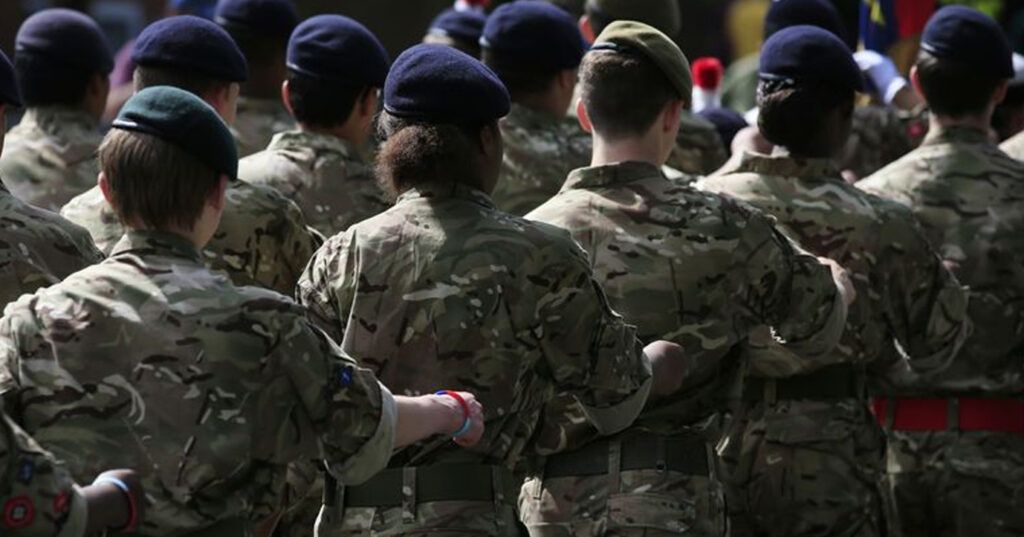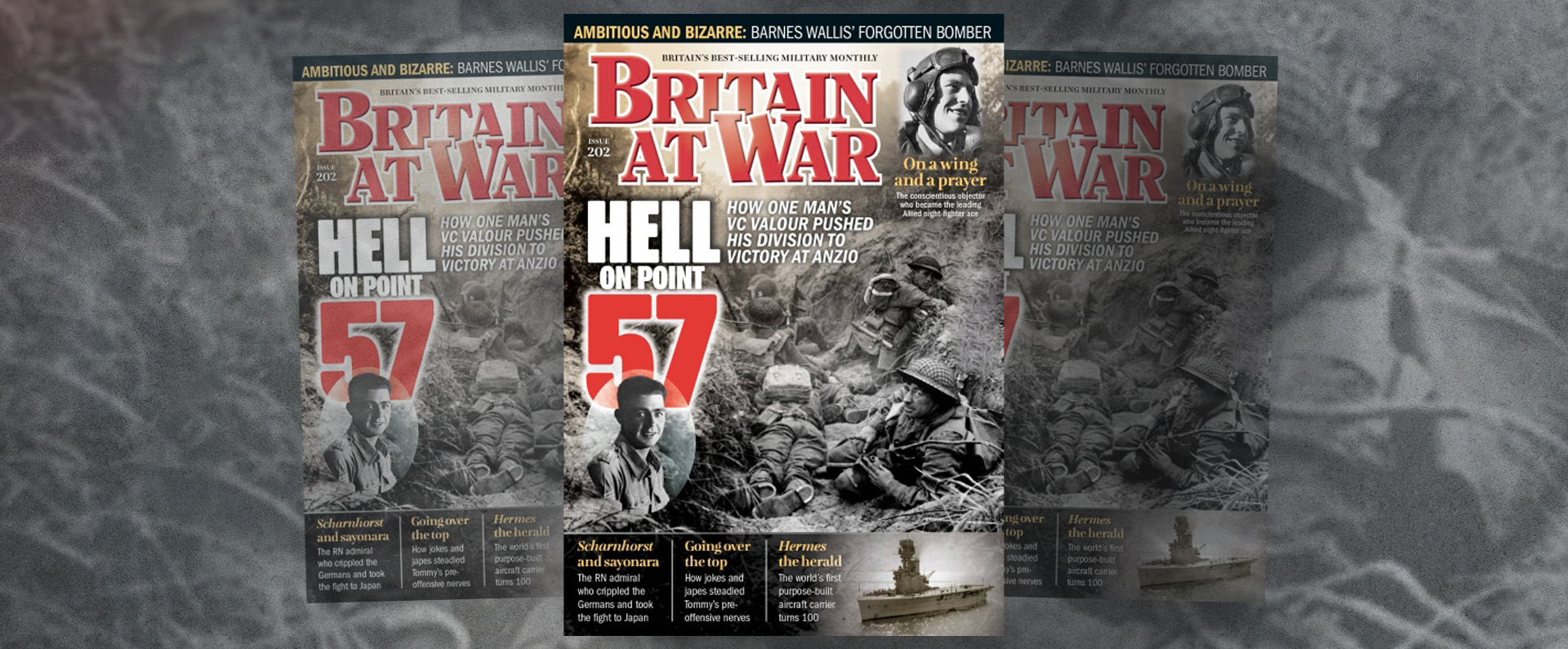
In the last decade our Armed Forces have been more in the public eye than at any time since the Second World War.
As we mark thirty years since the Falklands’ liberation, and thousands of personnel face the prospect of redundancy, it is a good time to take stock of our relationship with the Forces and the men and women who serve in them.
General Sir David Richards, Chief of the Defence Staff, has kindly allowed me to conduct the biggest ever independent research project among military personnel. We also spoke to veterans, employers, American Service personnel, and the general public in Britain and the US.
Not surprisingly, we found public support for the military to be very high, both in absolute terms and relative to other popular institutions like the NHS and the BBC. Service personnel felt support had risen in recent years. Some, though, feared this may start to wane once very visible current missions ended.
Nearly two thirds of the public said there was too little recognition for the Forces, but people were often unsure how to express their goodwill. Two thirds of Americans in our survey said they had personally thanked a member of the Forces or could see themselves doing so. This compared to just over a quarter of the public in Britain. Many said they would be embarrassed to do this, or thought the person in uniform would be embarrassed. But the serving personnel we spoke to were usually pleased and encouraged when people took the trouble to speak to them. It is something we could do more often.
Despite their scepticism about the exuberant American manner of celebrating their military, British personnel who had visited the US had enjoyed its culture of appreciation for the Services. The routine availability of military discounts, for example, made them feel valued. A number of companies already offer such discounts in the UK – it would be a fitting gesture of support for more to join them.
When wearing their uniform in public, more than half of all personnel had been approached by strangers offering thanks and support, and some had been bought drinks or offered discounts. Shockingly, though, more than one in five members of the Forces said strangers had shouted abuse at them in the UK in the last five years. Nearly one in twenty said they had experienced violence or attempted violence.

Personnel often said their priority was not special recognition, but not to be disadvantaged in society because they were in the Forces. Three quarters of personnel serving overseas said companies had refused to send goods to British Forces Post Office (BFPO) addresses. Many firms seemed not to understand that these are not overseas addresses, or charged over the odds for delivering to them. Personnel also complained that their inevitably regular changes of address counted against them in credit checks, even though they had a secure job with a good income. More than a quarter said they had been refused a mortgage, loan or credit card in the last five years, and nearly one in five had had trouble getting a mobile phone contract.
Finding a good job was the biggest concern about leaving the Forces. Many feared civilian employers would not understand what their military career had given them. Some in the more junior ranks, particularly in the infantry, expected that when they left they would effectively be starting their careers from scratch.
Employers may well underestimate their skills and experience. Though they thought Service leavers were much more likely than their civilian counterparts to be able to follow instructions, manage their time and have a positive attitude to work, a quarter of employers thought those who had served in the other ranks were unlikely to have people management skills. Yet even relatively junior personnel can have leadership and other responsibilities their civilian contemporaries would find it hard to compete with. They work under extreme pressure and must think on their feet – yet more than a fifth of employers thought they were unlikely to be able to come up with creative solutions to problems, and a quarter thought them unlikely to be able to make decisions independently. I hope employers will think more about what those leaving the Forces may have to offer.
How to recognise our Armed Forces is a question that needs further discussion. Meanwhile, if you see a member of the Services in uniform and you appreciate what they do, go and tell them so. If you are in a position to offer discounts to military personnel, it is a gesture they will appreciate. If your company ships products to consumers but does not deliver to BFPO addresses, or charges more than it could for doing so, put that right. If your business uses credit checks, make sure you recognise that for someone in the Forces, frequent changes of address do not necessarily mean they are a bad risk. And if you are an employer, consider actively recruiting people leaving the Services, not just because of what they have done for the country but because of what they could do for you.
Read the full report, The Armed Forces & Society: The military in Britain through the eyes of Service personnel, employers and the publi



